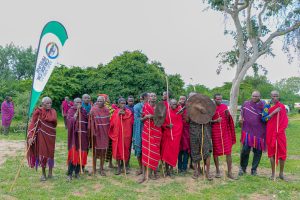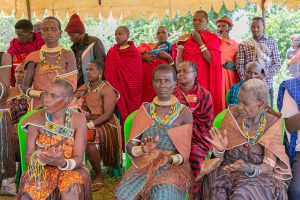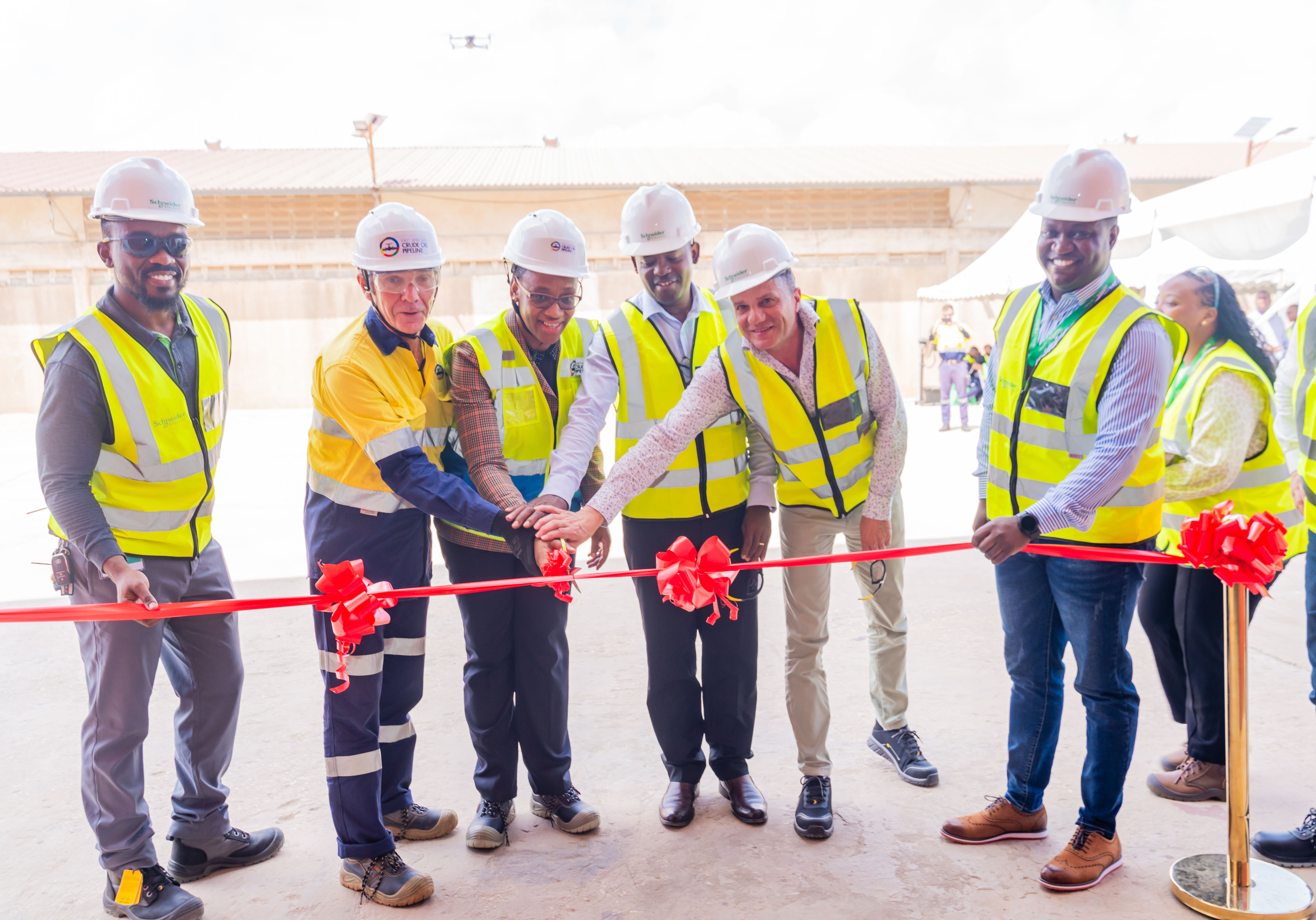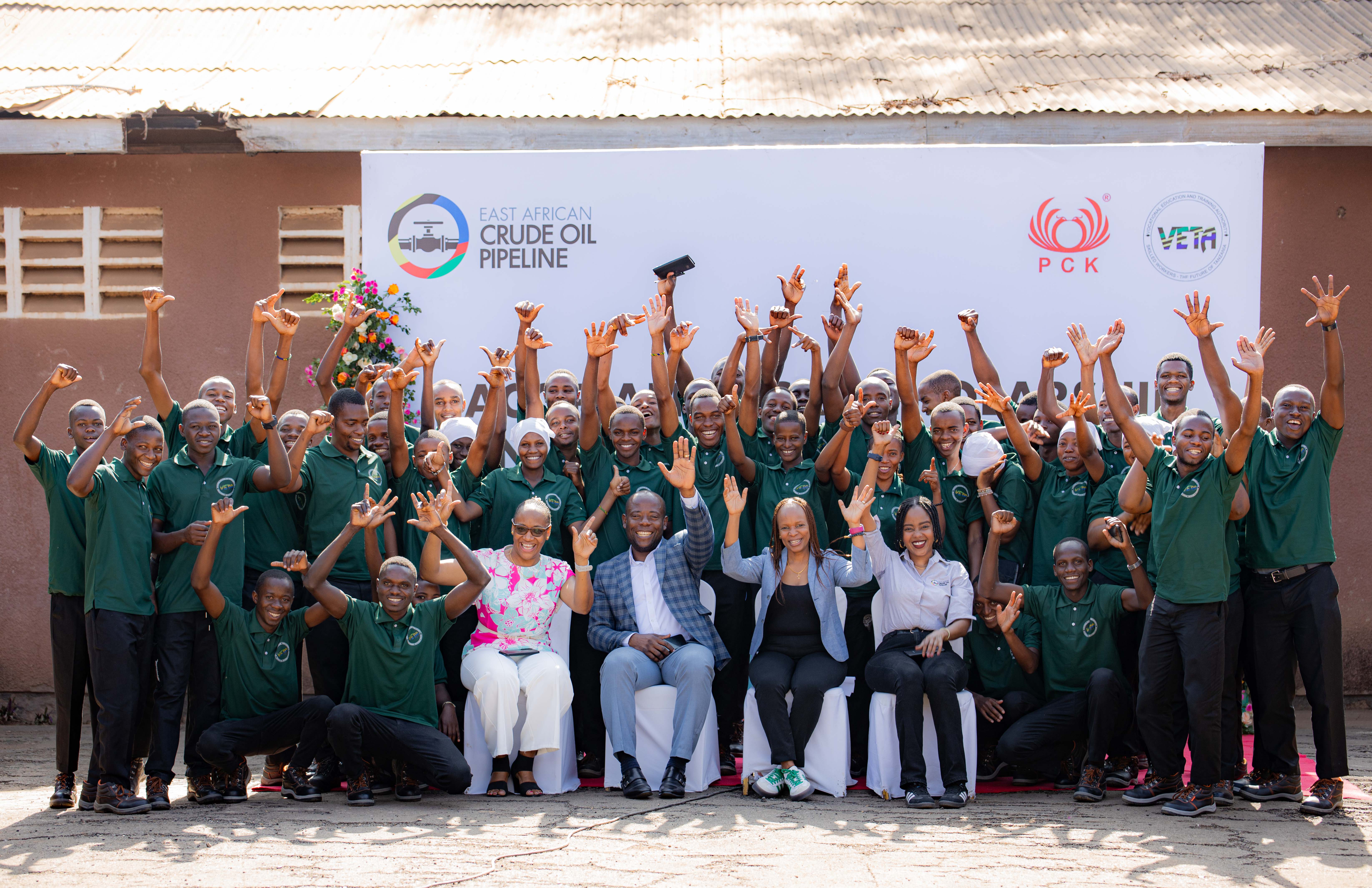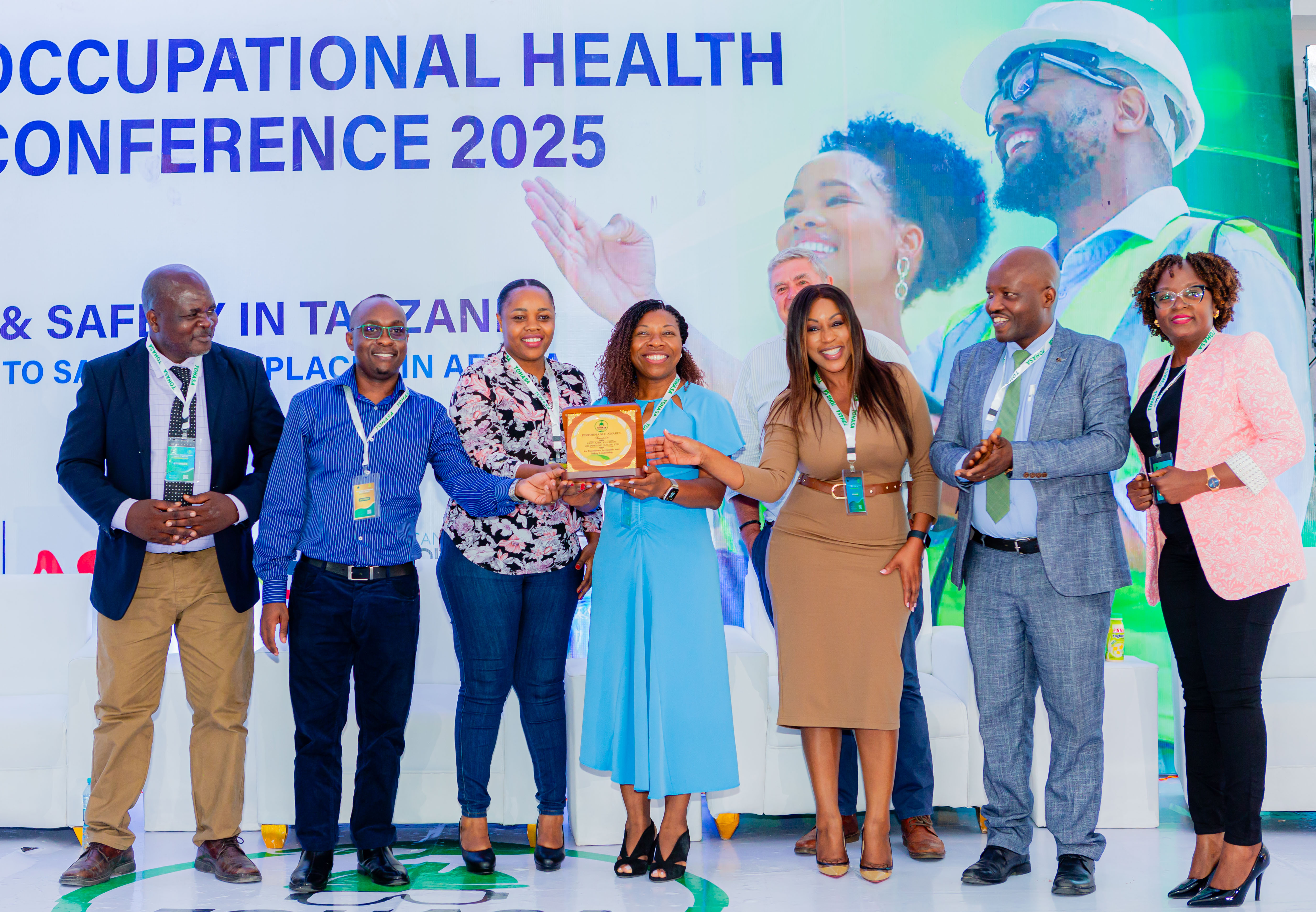EACOP is proud to announce the successful completion and testing of the first Integrated E-House…

EACOP SIGNS FPIC AGREEMENT WITH THE BARABAIG COMMUNITY OF GORIMBA VILLAGE, HANANG DISTRICT, EMPHASIZING COMMITMENT TO INDIGENOUS PEOPLES.
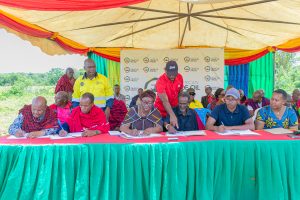 In a significant development highlighting its commitment to human rights, cultural preservation, and responsible project implementation, the East African Crude Oil Pipeline (EACOP) proudly announces the signing of a Free, Prior, and Informed Consent (FPIC) Agreement with the Barabaig community of Gorimba Village in Hanang district.
In a significant development highlighting its commitment to human rights, cultural preservation, and responsible project implementation, the East African Crude Oil Pipeline (EACOP) proudly announces the signing of a Free, Prior, and Informed Consent (FPIC) Agreement with the Barabaig community of Gorimba Village in Hanang district.
Through rigorous Human Rights Impact Assessment and land acquisition processes, EACOP has identified four Vulnerable Ethnic Groups Self-identifying as Indigenous Peoples which are impacted by the project. These groups include the Maasai, Datoga (Taturu and Barabaig), and Akie communities. EACOP has been engaging these communities and their traditional leaders for several years as part of its commitment to build capacity, manage project impacts on their land, culture, and traditions, and to share information about project execution and obtain their feedback.
EACOP remains steadfast in its commitment to respecting traditions and ensuring the proper management of any impacts in consideration of the communities’ cultural heritage. The project has concluded several agreements with the affected communities, including the EACOP Plan for Vulnerable Ethnic Groups Self-identifying as Indigenous Peoples and signed FPIC Agreements with the Taturu and Akie communities.
The FPIC process is a crucial aspect of EACOP’s commitment to meeting international financing standards and international human rights standards, particularly IFC Performance Standard 7 on Indigenous Peoples.
This marks the second FPIC Agreement between Datoga communities and EACOP, following the signing of an FPIC Agreement with the Taturu community of Mwamayoka in March 2023. The signing of the FPIC Agreement with the Taturu was officiated by Wendy Brown, EACOP’s General Manager for Tanzania and Taturu community leaders, was witnessed by community members, supporting NGOs, EACOP’s Advisor on Vulnerable Ethnic Groups Self-Identifying as Indigenous Peoples, and Igunga district government officials.
Dr. Elifuraha Laltaika, EACOP’s Advisor on Vulnerable Ethnic Groups Self-Identifying as Indigenous Peoples, emphasized the project’s commitment to mitigating impacts through meaningful engagement. He expressed admiration for EACOP’s willingness to avoid impacts on significant cultural heritage whenever possible.
Dr. Laltaika highlighted the extensive engagement that started in 2018 with quarterly meetings with traditional leaders and community members ongoing since 2020. These engagements have fostered a deep understanding of project impacts on each community, including the identification of potentially impacted cultural and sacred sites.
EACOP has also partnered with three experienced Non-Governmental Organizations – Ujamaa Community Resource Team (UCRT), Pastoralists Indigenous Non-Governmental Organization’s Forum (PINGO’s Forum), and Parakuiyo Pastoralists Indigenous Community Development Organisation (PAICODEO) – to facilitate the implementation of the EACOP Plan for Vulnerable Ethnic Groups Self-Identifying as Indigenous People, notably through community engagement, building capacity about the project’s processes and impacts, and addressing community questions and concerns.
During the FPIC Agreement signing in Hanang, PINGOs’ Forum representative Nailejileji Tipap commended EACOP for safeguarding the interests of Indigenous People and showing respect for their culture and traditions. She recognized that EACOP and the government have considered the importance of Indigenous People’s lifestyle and cultural practices during execution of the EACOP project.
Leader of the Barabaig community, reflecting on the signing of this agreement, acknowledged that EACOP has demonstrated understanding and respect for their culture, particularly by narrowing the pipeline in this area to avoid impact on a cultural site .
The signing of the FPIC Agreement with the Barabaig community represents another step forward in EACOP’s commitment to responsible and inclusive project implementation, respecting the rights and cultural heritage of Indigenous Peoples.
